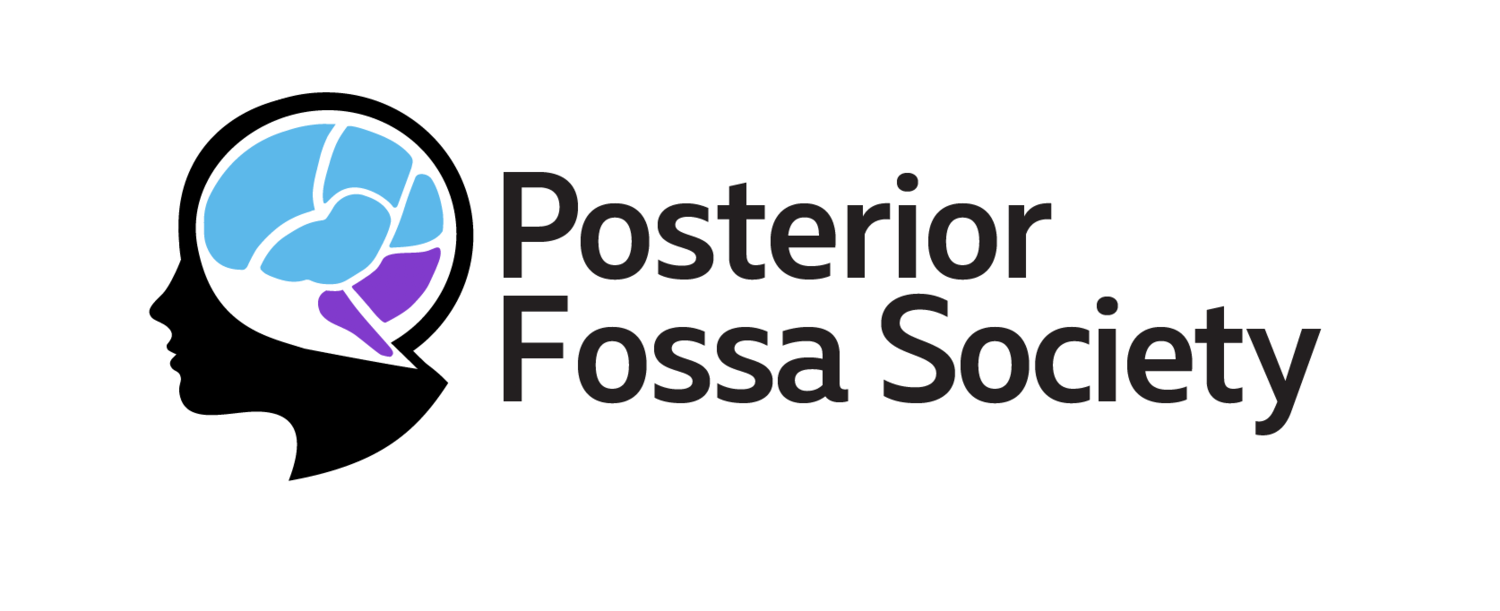Research
The Posterior Fossa Society is dedicated to advancing our understanding of pediatric post-operative cerebellar mutism syndrome through various lines of research. Our society has established four working groups that are actively pursuing different aspects of this condition: Imaging, Surgery, Scoring, and Rehabilitation.
The Imaging working group is focused on exploring the use of advanced imaging technologies to gain further insights into the underlying mechanisms of cerebellar mutism syndrome. By utilizing advanced magnetic resonance and functional imaging techniques, this group aims to identify structural and functional abnormalities in the cerebellum that may contribute to this condition. Their research may unveil crucial information on the pathophysiology of cerebellar mutism syndrome and guide clinicians in developing more targeted treatment interventions.
The Surgery working group is dedicated to investigating surgical approaches for the management of cerebellar mutism syndrome. They explore novel surgical techniques, evaluate their effectiveness, and analyze patient outcomes. This group aims to optimize surgical interventions to minimize the occurrence and severity of cerebellar mutism syndrome, as well as improve the overall quality of life for affected individuals.
The Scoring working group focuses on developing standardized scoring systems and clinical guidelines for the diagnosis and assessment of cerebellar mutism syndrome. By establishing consistent and reliable criteria for evaluation, this group aims to enhance the accuracy and consistency of diagnosing this condition. Additionally, they strive to identify specific factors that can predict the severity of symptoms and long-term prognosis.
Lastly, the Rehabilitation working group is dedicated to exploring various rehabilitation strategies for individuals affected by cerebellar mutism syndrome. They investigate therapies and interventions that can help improve speech and language difficulties, motor deficits, and other functional impairments associated with this condition. Their research aims to identify effective rehabilitation protocols that can optimize recovery and promote functional independence in affected individuals.
Overall, the Posterior Fossa Society is actively engaged in collaborative research across these four working groups, aiming to advance our understanding, diagnosis, surgical management, and rehabilitation strategies for pediatric post-operative cerebellar mutism syndrome. Through their combined efforts, they seek to improve the quality of life for patients affected by this condition and provide valuable guidance for clinicians and researchers in the field.
-
Wonderful to have so many delegates from across the world at the #pfsmeeting22. See you all in Memphis ‘24! https://t.co/qbQNiwC8jv
-
RT @SchmahmannLab: @posteriorfossa 1st Global Meeting Liverpool UK. Highlighting mutism, cognitive/neuropsychiatric manifestations aft… https://t.co/vIAj2QaMi5
-
RT @SchmahmannLab: @SickKidsNews @posteriorfossa The presence of mutism, the maximal acute manifestation of CCAS, after cerebellar tum… https://t.co/JNM3NScltc
-
Masterful virtual keynote lecture from @SchmahmannLab on the cerebellar cognitive affective syndrome https://t.co/GPpUrHQoKF
-
Radiology session in full swing! Lots of great abstracts being presented https://t.co/DSIBlwOENb


